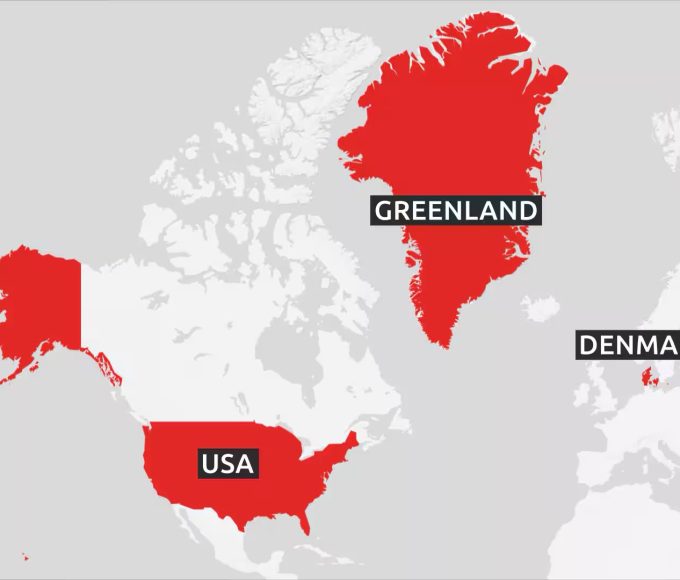
Revenue Problem Versus Spending Problem

This conversation about the Nigerian economy is one that is very familiar on the streets of Twitter (now X), and many have expressed their opinions on the subject over the years with persuasive arguments on both sides of the divide.
A revenue problem means Nigeria does not make enough money to service its economy. The proposed 27 trillion naira budget for over 200 million citizens in 2024 is indeed small (New York has proposed a 2024 budget of about 10 times that of Nigeria for 20 million people).
A spending problem, on the other hand, mostly focuses on government excesses like an over-bloated cabinet, which invariably leads to a high cost of governance. However, many people mistake it for government spending, which is a critical component of an economy.
It is clear from the above that Nigeria has both problems, which in judicial terms is double jeopardy. However, from an economic and historical perspective, the spending problem is more of an existential threat to the country.
A revenue problem is in basic economics a scarcity problem. Economics as a study is built on the principle of limited resources deployed to fulfil unlimited human wants. This is also why concepts like priorities, scale of preference, and opportunity cost were developed to solve scarcity. It is also not a problem restricted to Nigeria.
No country has enough revenue for all its economic activities, so it must deploy available resources to the most critical aspects of its economy while improving revenue streams.
A spending problem is, however, a completely different kettle of fish. It is also one that we have had from as far back as independence. One event in our history that clearly illustrates this is the Cement Armada crisis of 1975, a very interesting and heartbreaking story of government wastage of epic proportions. This was 3 years before the famous Chinese economic revolution, the pathway to solving their revenue problem, and the beginning of a journey that has made China one of the world’s leading economies today.
The Cement Armada event shows that if our government officials had access to more revenue, it would not automatically translate to judicious use to the country’s best advantage. The recent frivolous spending of taxpayers’ monies and loans of the current government heavily suggests that if we had more money, our 2024 budget would probably have included 17 presidential yachts and 1 billion naira vehicles per legislator.
Therefore, we must solve our spending problem before looking into the revenue problem or, at the very least, solve both simultaneously. Otherwise, we will be valiantly trying to fill a basket with water, the definition of an exercise in futility.
About The Author
Related Articles
Nigerians Lament PayPal’s Return as Old Wounds Resurface
PayPal’s reentry into Nigeria through a partnership with local fintech company Paga...
ByWest Africa WeeklyJanuary 29, 2026Ghana Shares Gold Mining Model With Tanzania
Ghana has taken a leading role in shaping Africa’s future approach to...
ByWest Africa WeeklyJanuary 23, 2026Trump’s Greenland Threat Forces Europe to Taste the Logic of Western Colonial Power
It rarely begins with soldiers. More often, it begins with a sentence,...
ByWest Africa WeeklyJanuary 21, 2026West African Proposes Alternative Plan as Burkina Faso Seeks Larger Stake in Kiaka Mine
West African Resources has submitted an alternative proposal to the government of...
ByWest Africa WeeklyNovember 28, 2025











